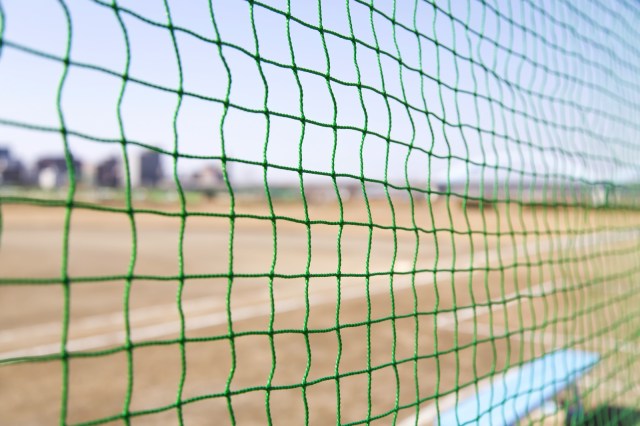
Less practice has resulted in faster pitches and stronger players.
Although it’s been an awful disease that has damaged our world in many ways, the coronavirus pandemic also has a way of exposing certain weaknesses in societies and giving us an opportunity to rectify them.
One interesting example has appeared in Japan’s vast and complex world of high school baseball. Many baseball fans in Japan would argue that the high school level is superior to professional games in terms of effort and passion (even if schools don’t have a robot dance party in the 7th inning stretch like the pros get). All that, though, can come at the cost of the students’ well-being.
▼ A sample of some of the more novel training methods of one Osaka high school
High school baseball in Japan can best be described as militaristic in terms of how rigid and physically demanding it can be with practices running in the mornings until right before classes and resuming in afternoons from right after classes and into the dark of night.
This is all just for a shot at the national championship which is held in an outdoor stadium, half of the time during Japan’s hottest month.
▼ The Koshien tournament is no stranger to kids collapsing from heatstroke
Proponents of this system would argue that it is these harsh conditions that have given birth to players of almost superhuman ability and character such as Ichiro Suzuki and Shohei Ohtani. But the recent pandemic might suggest otherwise.
During a lengthy suspension of activities due to the first wave of the coronavirus outbreak in Japan, student players were mostly left to their own devices for training and conditioning. But gradually the schools have begun resuming their own system.
And much to the surprise of managers, their students have shown a marked improvement as a result of the reduction in formal training. According to sports writer Hideaki Ujihara, young players have not only shown an increase in pitching speed and throwing distance but have bulked up more than they would have under the strict diet regimen of school programs.
One manager in the northern part of Japan’s main island told Ujihara that all of their pitchers have increased their speeds by five kilometers (3.1 miles) per hour upon returning from isolated training. A coach in Kansai also noticed the change, saying, “I wasn’t expecting the players to move well when we restarted but I was surprised to see them perform better than expected,” and “I think the players understood the importance of the training regimen, but also were able to apply it to meet their own individual needs.”
Readers online weren’t especially surprised at the news, but the questions of exactly why this happened and how to best improve the system are still in the air.
“Of course. Baseball practice amounts were always excessive.”
“It seemed like baseball training involved a lot of waiting one’s turn. Practicing on one’s own seems more efficient.”
“Training, nutrition, and rest are all equally important. Why have they neglected rest so long?”
“I think baseball is unfairly singled out, because all Japanese sports have this misguided belief that suffering leads to achievement.”
“It’s like learning a musical instrument or anything else. Once you learn the fundamentals and can dissect everything that goes into doing it, people should be given the freedom to develop themselves further in their own ways.”
“Compared to track and field, baseball seems really inefficient in its practice. They go for long periods without breaks and I can’t understand the purpose of a lot of their exercises.”
Playing devil’s advocate, it could also be argued that the very same draconian training up for debate now is what instilled the discipline for these players to self-train so effectively in the first place. But the proof is in the anecdotal pudding that the current system is not producing optimal results and a better way exists.
It’s hard to say whether high school baseball organizations with take advantage of this disruption to better raise their players. This sport is notoriously set in its ways, but if even one school completely reforms its regimen and reaps the benefits of victory as a result, we may see an abrupt change to the way things are done from here on out.
Source: Sports Graphic Number Web, Hachima Kiko
Top image: Pakutaso
● Want to hear about SoraNews24’s latest articles as soon as they’re published? Follow us on Facebook and Twitter!